Kátia Manjate – Live for Dancing
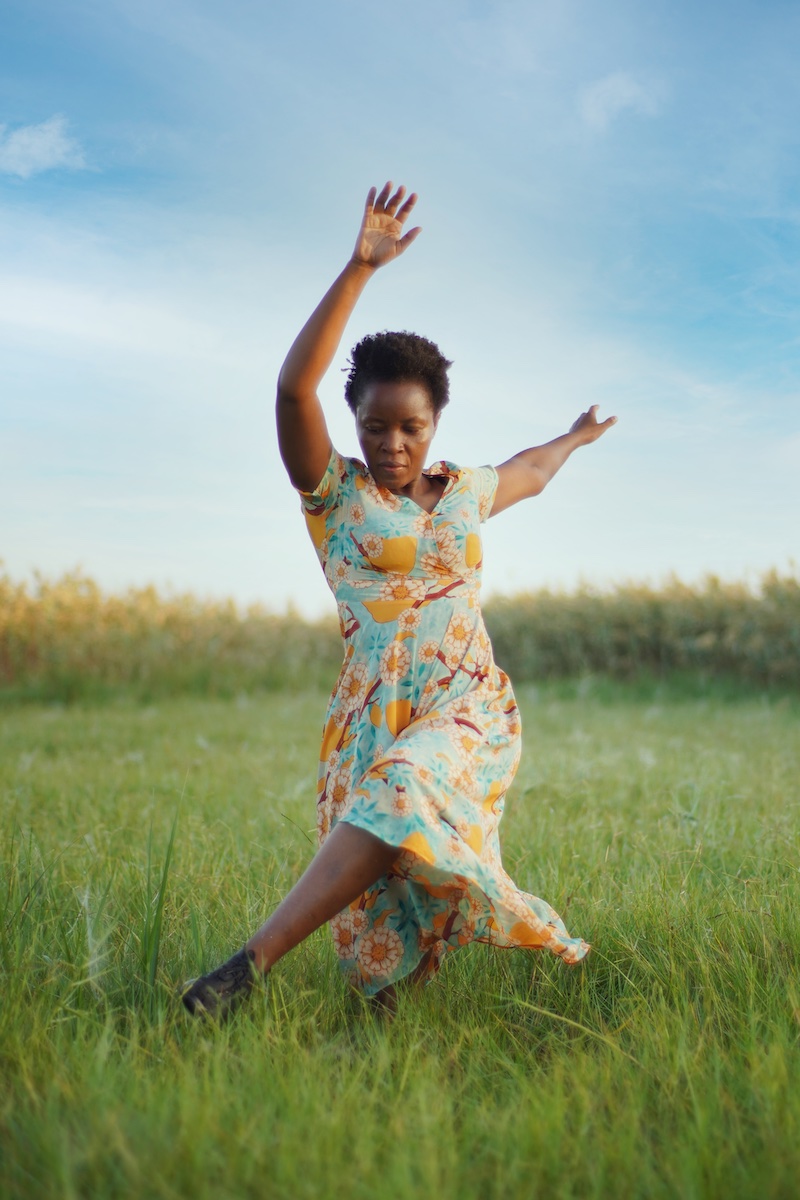
At 38 years old, Kátia Manjate, dancer and choreographer, faces her career with the determination that can only be defined on stage.
It all starts when, still attending 16 de Junho Primary School, she thought of something to do after school that would not bring added costs to her mother. She found that space at the Casa da Cultura do Alto-Maé.
“When I entered the rehearsal room, I saw the musicians ‘bursting’ with the drums and bodies sweating, I got goose bumps.” And she was ready to surrender to the overwhelming force of art. Kátia Manjate lent her body to dance and dance to the body. As a teenager, she followed determinedly the thunder of the frenetic drumming that almost defines life.
“When I realized that everything I thought and did was connected to dance, that all my training that wasn’t in dance was to support dance, that my free time when I wasn’t rehearsing was dancing, I started to live for dancing.”
Two dance shows consolidated her career as a creator. Casa (2013) and Sexo (Con)sentido (2019), characterised by the use of the body to represent the message.
In 1994, she started training in traditional Mozambican dances and continued in 2003, but in another direction, contemporary dance, between Mozambique and Portugal. Her professionalization came from experiences with professionals from South Africa, Venezuela, Holland, Switzerland, DR of Congo, France, Burkina Faso, Senegal.
But her roots are always local. Three women who, to this day, are a reference for dance, immediately jumped out to her, Joaquina Siquice, Maria José Macamo and Maria Helena Pinto. “At that time it was almost unthinkable that women could reach that physical and technical level.”
Two dance shows consolidated her career as a creator. Casa (2013) and Sexo (Con)sentido (2019), characterised by the use of the body to represent the message. Yes, because Kátia Manjate has in dance the formulation of the speech not only of the interior, but of society. In Casa, which had the collaboration on stage of Malagasy dancer Judith Namantenanssoa and Mozambican plastic artist Walter Zand, the body is this place of existential confrontations, “an imaginary city in a state of shock, insecurity and paralysed. And in Sexo (Con)sentido, once again the dancer explores the body to raise questions about human rights, freedom and female sexuality.
At the moment, she is in the process of research and creation for two artistic projects that emerged during the lockdown triggered by the pandemic of the new coronavirus. One of which is Dança dos Deuses, a work involving dance and photography that had its premiere in Barcelona in 2021.
In an area that challenges talent and practice, Kátia Manjate is persevering and ambitious. “We have to work like men and take care of the house like women. For a woman to evolve in her artistic career, she has to show that she is ‘very good’ and prove her talent.”
Issue 73 May/Jun | Download.



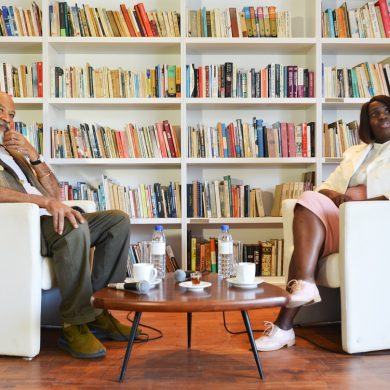
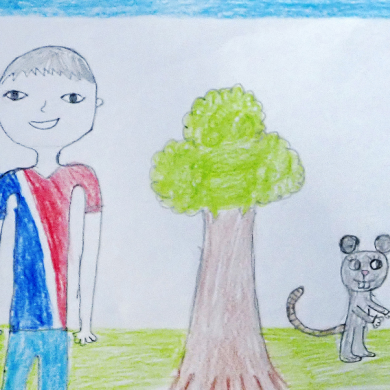
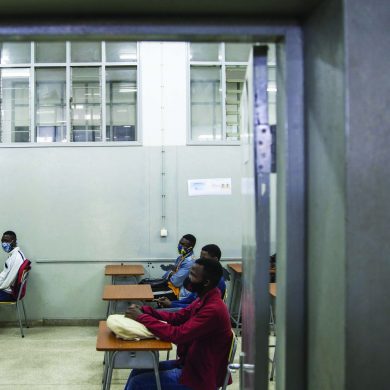
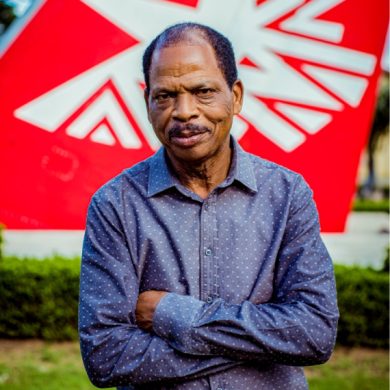
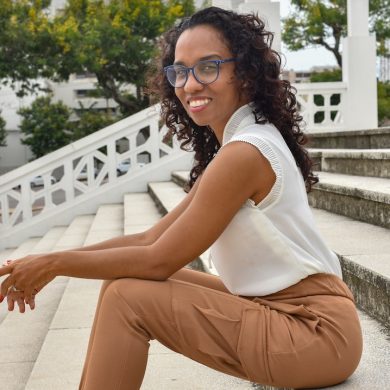
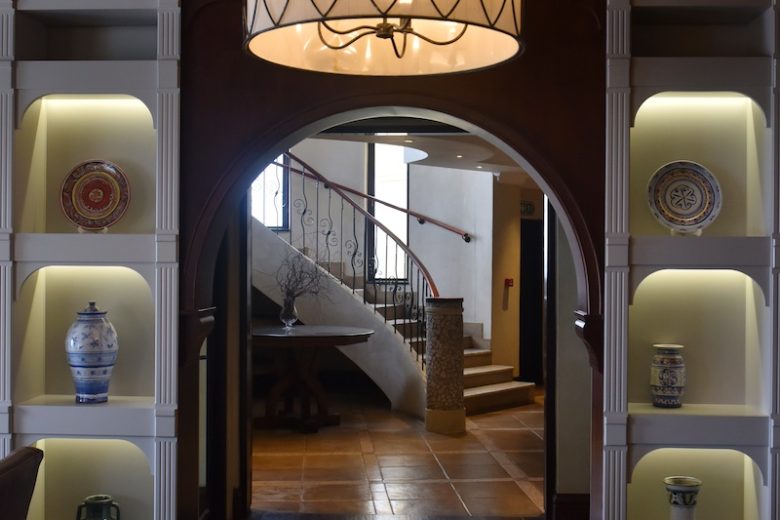
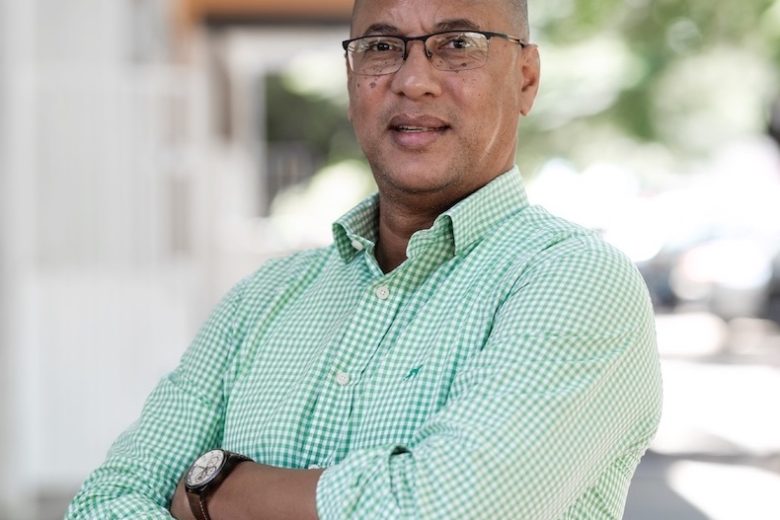













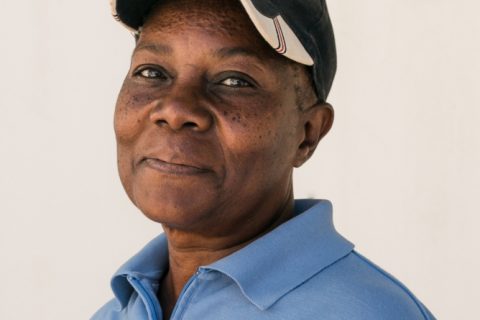
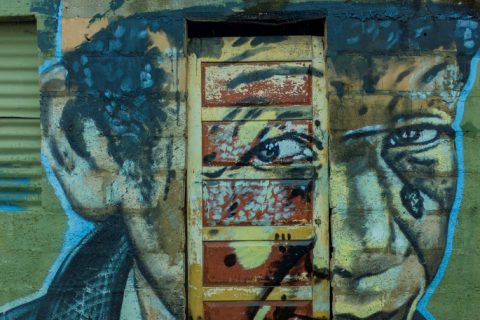

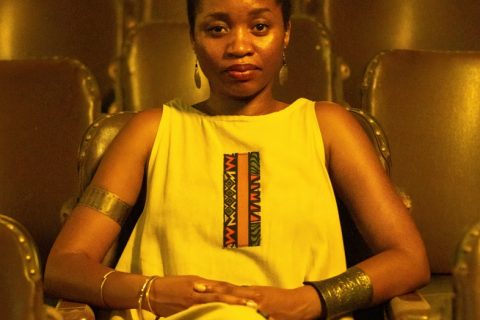



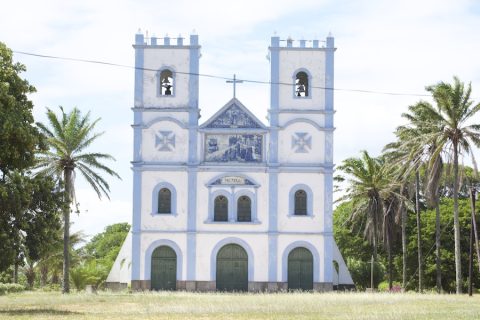
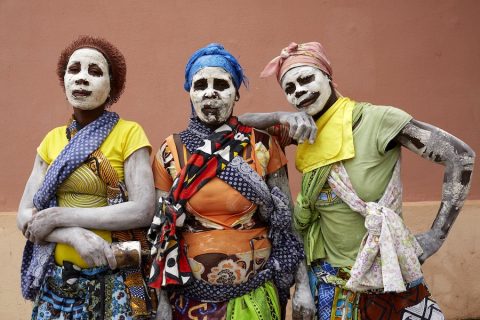
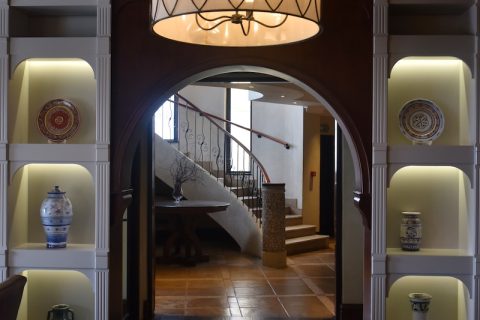


0 Comments